A cat of Joe's, today's paper... (B1)
Possession (331)
Přivlastňování
Na Landigo se dnes zaměříme na netypické přivlastňování:
- Použití OF u lidí a zvířat (of Joe, of my sister, of our dog...)
- Použití 'S/' u míst, organizací a časových údajů (city's, company's, today's...)
Přivlastňování (possession)– procvičování:
Další lekce na přivlastňování:
- My, your, his... (00)
- Mine, yours, his... (A1)
- Přivlastňování (A1)
- A friend of mine, my own... (B2)
What's the name of the girl who works at the café?
| Rozvinuté slovíčko: |
|
the name of the girl who works at the café
|
| the girl's name who works at the café |


Přivlastňování pomocí OF nebo 'S/':
- Velmi rozvinuté slovíčko → OF:
the phone of the friend that is from Spain
- Přivlastňujeme více osobám → OF + 'S/':
the pet of Joe's friend
- Přivlastňujeme organizaci → OF nebo 'S:
the office of the companythe company's office
- Přivlastňujeme místu → OF nebo 'S:
the capital of SpainSpain's capital
- Časový údaj → 'S/':
today's paper
Slovíčko je rozvinuté → OF
Pokud je podstatné jméno, ke kterému se přivlastňuje, velmi rozvinuté (např. vedlejší větou), použijeme OF:
|
the bike of the man that lives next to us
|
kolo muže, který bydlí vedle nás |
|
the email of the manager from the IT department
|
e-mail manažera z oddělení IT |
Neříkáme: the MAN'S bike that lives next to us
Frank said the colour of the dog that went missing last night was black.
| Rozvinuté slovíčko: |
|
the colour of the dog that went missing
|
| the dog's colour that went missing |

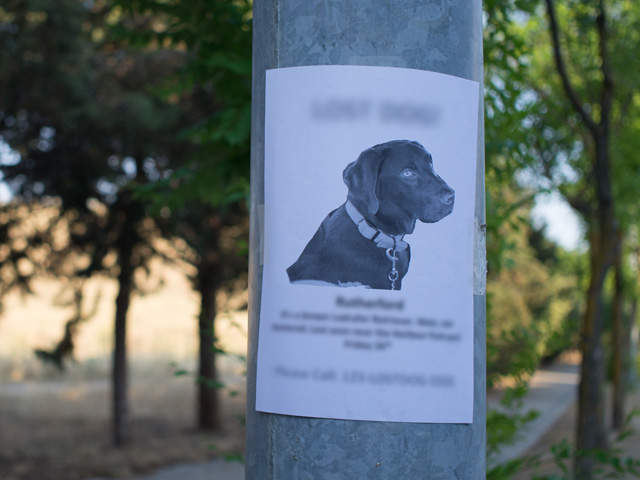
Více osob → OF + 'S
Když přivlastňujeme více různým osobám, používá se obvykle OF + 'S/':
|
the cat of my mom's neighbour
|
kočka souseda mé matky |
|
the house of Greg's girlfriend
|
dům Gregovy přítelkyně |
Spíše než: my mom's neighbour's cat, Greg's girlfriend's house
The son of my husband's friend spends a lot of time with our children now.
| Více osob: |
|
the son of my husband's friend
|


The sister of Ellen's colleague has an apartment to rent. It would be perfect for you.
| Více osob: |
|
the sister of Ellen's colleague
|


A friend of Lucy's, a friend of hers...
Ve vazbách typu A FRIEND OF... použijeme podstatné jméno s 'S/' (Lucy's, Peter's, brothers'...) nebo MINE, YOURS, HERS...:
|
a friend of Lucy's
|
kamarád Lucy |
|
a friend of my brothers'
|
kamarád mých bratrů |
|
a friend of hers
|
její kamarád |
Nikoliv: a friend of LUCY, a friend of my BROTHERS, a friend of HER, a friend of SHE



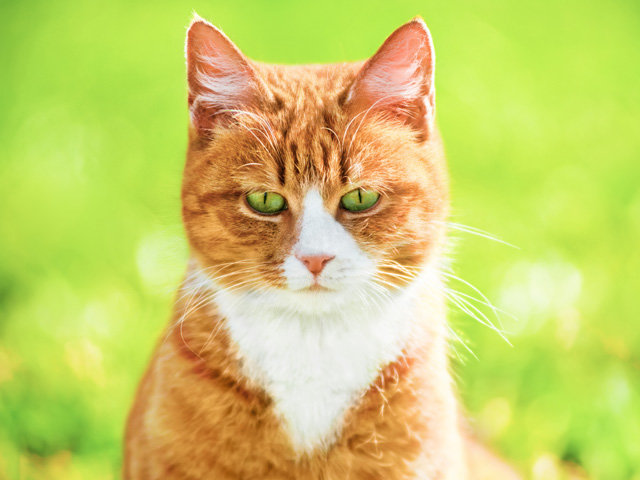

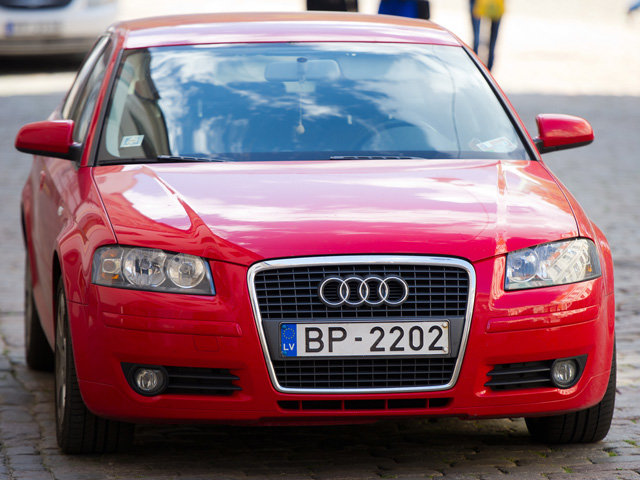


My own, your own, her own...
Ve vazbě ...OWN použijeme zájmeno MY, YOUR, HIS.... Zájmeno se obvykle vztahuje k podmětu:
|
I have my own flat. Do you have your own flat as well?
|
Mám vlastní byt. Máš taky svůj vlastní byt? |
|
Look at the man. He's his own boss.
|
Podívej se na toho muže. Je svým vlastním pánem. |
|
We each go our own way and do as we please.
|
Každý si jdeme svojí cestou a děláme, co se nám zlíbí. |

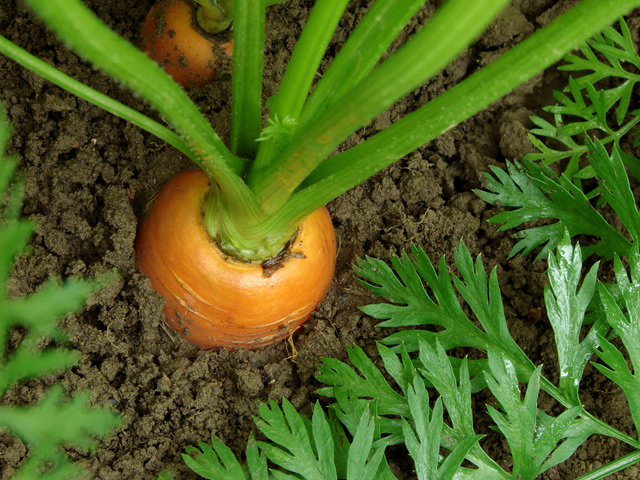


Podrobněji se různým přivlastňovacím konstrukcím věnujeme v lekci: A friend of mine, my own...
Organizace → OF/'S
Pokud přivlastňujeme organizaci (= skupině lidí), můžeme použít OF nebo 'S:
|
the headquarters of our company
|
our company's headquarters
|
|
the decision of the organisation
|
the organisation's decision
|
Should we throw a welcome party for the new adviser of the government?
|
the adviser of the government
|
|
the government's adviser
|


Místo → OF/'S
Pokud přivlastňujeme místu (country, city, world...), můžeme použít OF nebo 'S:
|
the mayor of London
|
London's mayor
|
|
the tallest man of the world
|
the world's tallest man
|
Is it correct that Tokyo's population has doubled over the past twenty years?
|
Tokyo's population
|
|
the population of Tokyo
|


If you like cacti, you should definitely visit Spain's largest botanical garden.
|
Spain's largest botanical garden
|
|
the largest botanical garden of Spain
|


An owner of the house, a house owner...
Když vyjadřujeme, že k něčemu neživotnému něco patří, můžeme kromě vazby s OF v některých případech použít spojení bez OF:
|
the owner of the house
|
the house owner
|
|
the door of the kitchen
|
the kitchen door
|
|
the size of the garden
|
the garden size
|
In the Canary Islands, the temperature of the sea doesn't get too cold even in winter.
|
the temperature of the sea
|
|
the sea temperature
|
| the sea's temperature |


A car seat, a wine glass, a glass of wine...
V některých ustálených spojeních se OF nepoužívá:
|
a car seat
|
autosedačka |
|
a road accident
|
dopravní nehoda |
Neříkáme: seat of the car, accident of road
Někdy se význam spojení s OF a bez OF liší:
|
a bag of shopping
|
taška s nákupem |
|
a shopping bag
|
nákupní taška |
|
a bottle of beer
|
láhev piva |
|
a beer bottle
|
pivní láhev |

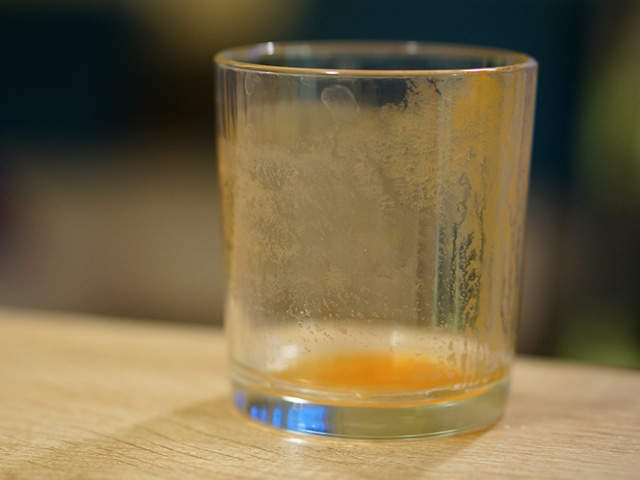



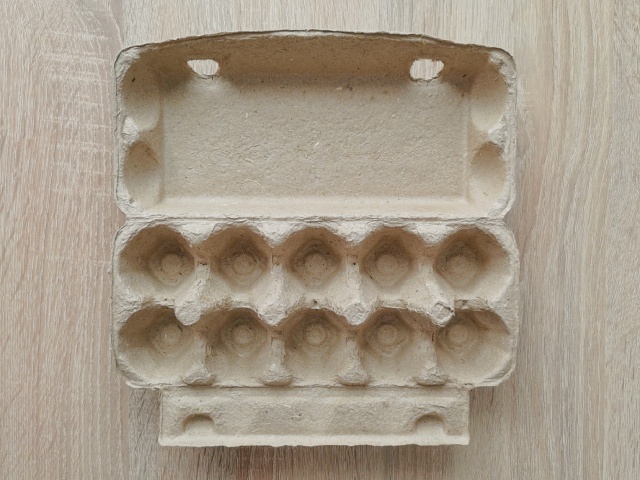

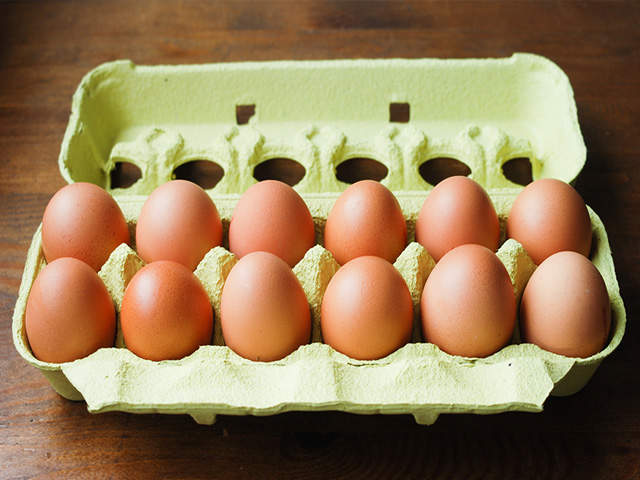
The beginning of the page, the end of the day...
S výrazy THE BEGINNING/END/BOTTOM/FRONT/BACK/MIDDLE se obvykle používá OF:
|
the end of the week
|
|
the front of the motorbike
|
|
the back of the car
|
|
the bottom of the page
|




How about we go kayaking at the beginning of July?
|
the beginning of July
|
| July's beginning |


Časový údaj → 'S
S časovými údaji se někdy používá 'S/':
|
tomorrow's weather
|
zítřejší počasí |
|
today's paper
|
dnešní noviny |
|
yesterday's concert
|
včerejší koncert |
|
two weeks' holiday
|
dvoutýdenní dovolená |
Neříkáme obvykle: the weather of tomorrow, the paper of today







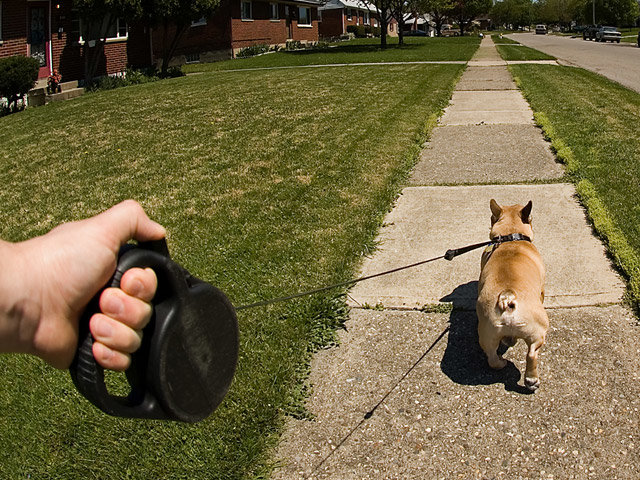
Podrobněji se konstrukcím s časovými údaji věnujeme v lekci: A two-week course, today's news...
All you need to get better is a good night's sleep.
|
a good night's sleep
|
| sleep of a good night |


Přivlastňování – nejdůležitější body a tip na závěr:
- Rozvinuté slovíčko:
the phone of the friend that is from Spain
- Přivlastňujeme více osobám:
the pet of Joe's friend
- Přivlastňujeme organizaci/místu:
the capital of SpainSpain's capital
- Časové údaje:
today's paper
Doporučujeme si procvičit přivlastňování (possession) v našich cvičeních.
